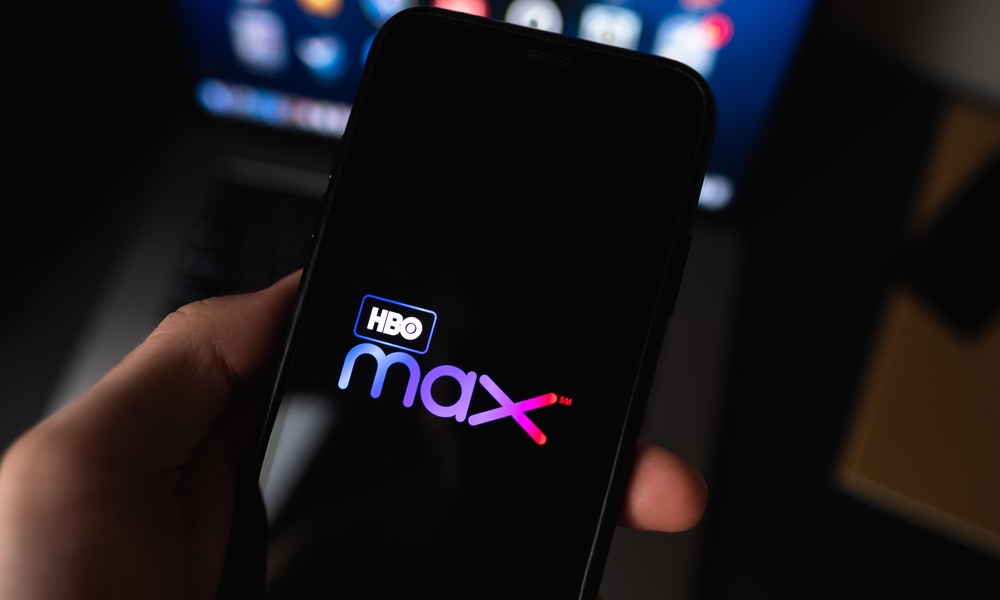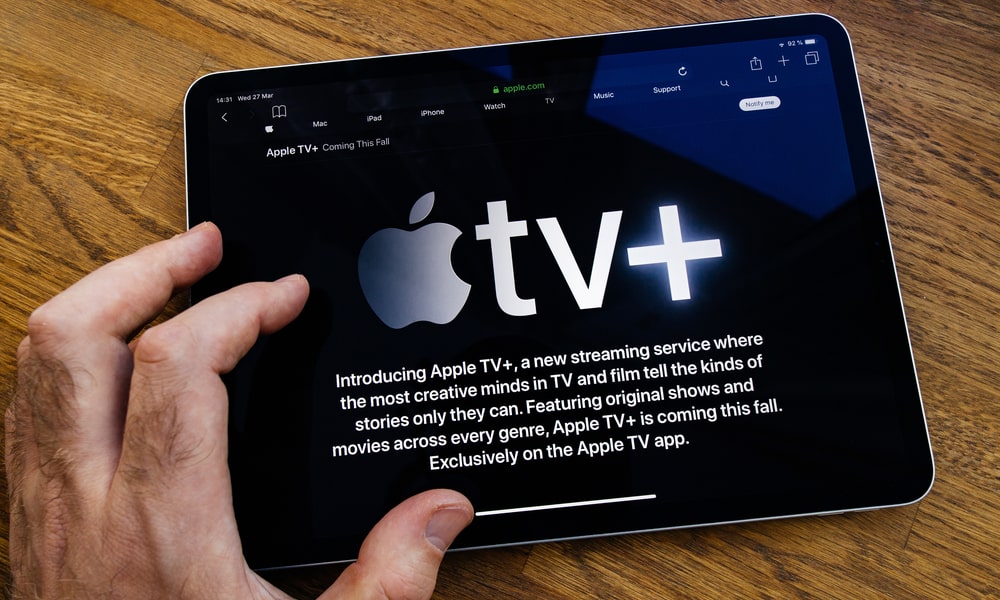Max is the Next Streaming Giant to Crack Down on Password Sharing
 Credit: nikkimeel / Shutterstock
Credit: nikkimeel / ShutterstockToggle Dark Mode
It seems that Netflix’s password-sharing crackdown has inspired other streaming services to follow suit. Only two months after Netflix clamped down on its US subscribers, Disney announced similar plans, and now it looks like Warner Bros. Discovery’s Max service will be the next in line.
While Disney’s initial announcement came last August during an investor call, and it quietly trialed the new policy in Canada last fall, it wasn’t until last month that it began locking things down in the US. Even Netflix followed a similar rollout, testing the waters in South America before bringing it to Canada, New Zealand, Portugal, and Spain early last year.
With Max being a US-only service, there won’t be any international field trials to look to, but the good news is that the streaming giant doesn’t appear to be planning to fully turn the switch until sometime in 2025.
As reported by The Wrap, JB Perrette, the CEO and president of global streaming and games for Warner Bros. Discovery (WDB), revealed that the service formerly known as HBO Max will follow in the footsteps of its competitors, starting a crackdown on password sharing later this year, with “a broader rollout in 2025.
Like Disney’s CEO, Bob Iger, Perrette referred to the initiative as “a meaningful opportunity” in comments made during Morgan Stanley’s 2024 Technology, Media & Telecom Conference in San Francisco this week.
Little else is known about Max’s plan at this point, although it’s likely to follow Netflix and Disney in adopting some kind of paid-sharing model for those who want to add extended family to their household plans. Netflix opened up Extra Member accounts during its initial 2022 trials in Chile, Costa Rica, and Peru, and these rolled out along with the single-household restrictions as they came into force in other countries.
So far, Netflix provides the only example of a paid sharing model, allowing households to add up to two extra slots, depending on the plan tier, for $7.99/month each. Each additional member gets a single profile and can stream to one device at a time, although they’ll enjoy the same quality and ad-free experience as the primary account.
Disney has said it plans to do something similar “later this year,” and it’s already baked that into its terms of service. However, it looks like it will start by encouraging “borrowers” to sign up for their own accounts instead. Disney’s new policies will also affect Hulu and ESPN+ subscribers.
As for Max, it’s still too early to tell how WBD will handle things, but like the others, the name of the game is finding more ways to make money, which means encouraging those sharing a Max subscription to sign up for their own accounts, one way or another. We’ll likely hear some more details later this year.
What About Apple?
Apple will likely remain out of the fray when it comes to cracking down on password sharing simply because it’s one of the few streaming services that doesn’t have this problem.
Since an Apple TV+ subscription is tied to your Apple ID, which is, in turn, tied to your iCloud account — and just about everything else on your iPhone — you really don’t want to share your password as you’ll be giving that person a key to the rest of your Apple world, and a hand into your wallet.
Although it’s possible to sign up for Apple TV+ under a separate Apple ID from iCloud, you still have to use the same Apple ID on your devices for the App Store, iTunes Store, Apple Music, Apple Podcasts, and Apple Books. That means you’re still giving a lot away when you share your password, including your payment information for apps and in-app purchases and subscriptions. Even if you set up an Apple ID solely for Apple TV+, it needs to have a payment method associated with it, and that payment method can also be used to make purchases on the App Store.
Apple also has a fairly generous Family Sharing arrangement for its services. You can share your Apple TV+ subscription with up to five other “family members,” and Apple doesn’t really care whether they live in the same household since it’s built Family Sharing in such a way that most folks won’t want to add people to that group unless they’re close enough to be like family.
The key point is that once you put someone in your Family Sharing group, all their Apple-related purchases and subscriptions will be billed to your credit card or other payment method. That’s fine for actual family members and extended family, such as kids away at college or older parents. You might even be willing to add your best friend. Still, we’d strongly recommend against adding your coworkers or classmates at risk of someone deciding to binge on Primogems in Genshin Impact or Prestige Packs in Call of Duty Mobile at your expense.







